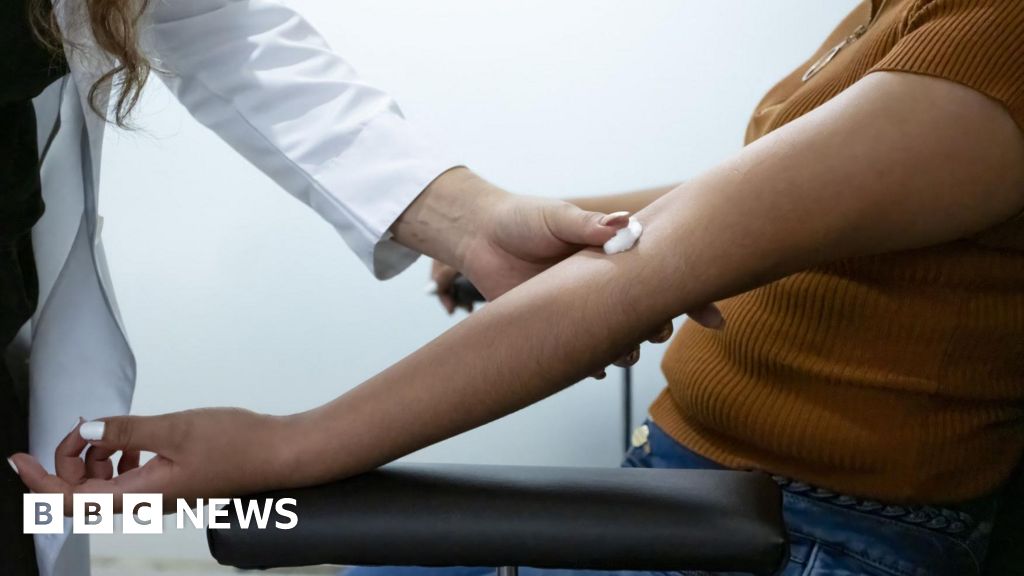A simple new blood test could accurately detect ovarian cancer in its early stages, according to scientists in Manchester.
A research team at the University of Manchester trialled the test and found it was able to find tell-tale markers in the blood which are usually hard to detect.
It is hoped the test could speed up treatment and improve outcomes for women with the disease, which causes more than 4,000 deaths in the UK each year.
The test was designed by diagnostics company AOA Dx, which intends to push forward with gaining approval from regulators across the world after the results of the study.
The Manchester study ran alongside another in Colorado to test a combined 950 women with early stage symptoms.
In Manchester, the model recorded 92% accuracy for all stages of the condition and 88% for early-stage disease.
In samples from the University of Colorado it recorded 93% accuracy across all stages of ovarian cancer and 91% for early-stage disease.
The test works by examining two different sets of blood markers – proteins and lipids – and uses machine learning to detect signals of cancer.
The University of Manchester said more than 90% of women with the disease get generalised symptoms such as bloating and abdominal pain in the early stages, but they can be easily mistaken for other less serious conditions.
That means only 20% of women with ovarian cancer are diagnosed in stage one or two of the disease.
The Manchester-based researchers found AOA’s test performed significantly better than other blood based tests used for decades.
The company said the results of the study will help with the final design of the test before it seeks regulatory approval in the coming years.
University of Manchester professor Emma Crosbie, who is also an honorary consultant in gynecological oncology at Manchester University NHS Foundation Trust (MFT), said the test showed “significant promise for ovarian cancer early detection”.
“AOA Dx’s platform has the potential to significantly improve patient care and outcomes for women diagnosed with ovarian cancer,” she said.
Alex Fisher, co-founder of AOA Dx, added: “These findings show its potential to aid clinicians in making faster, more informed decisions for women who need urgent clarity during a challenging diagnostic process.”



